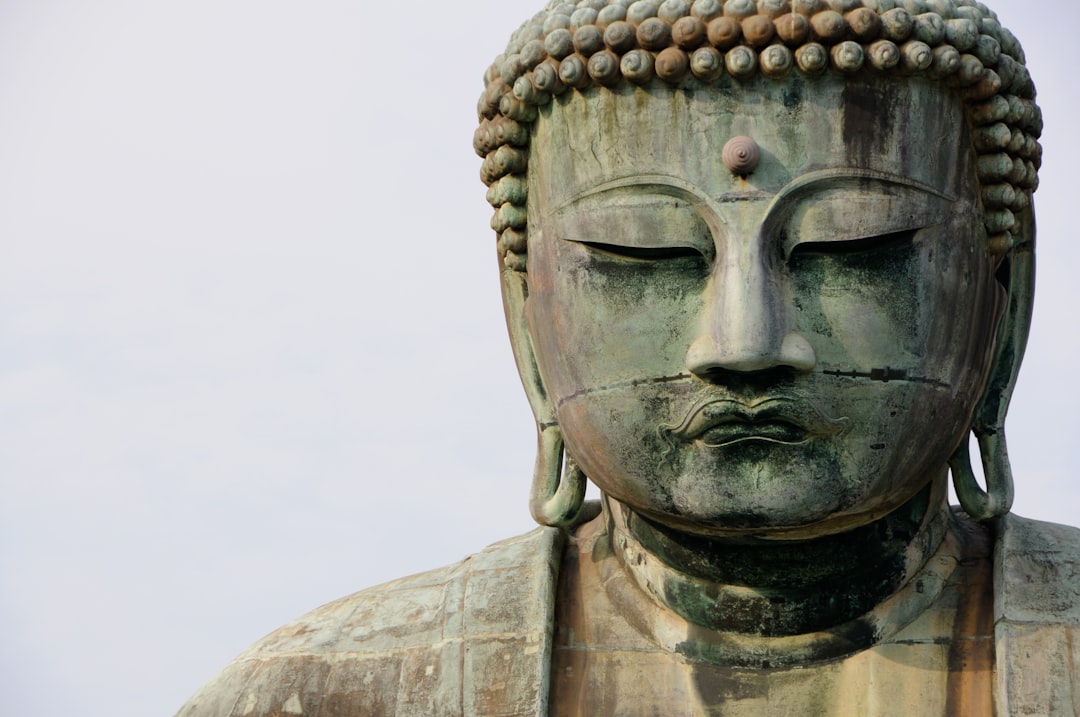Reincarnation, the belief that the soul is reborn into a new body after death, is a central tenet in Hinduism. It is a concept that has fascinated and intrigued people for centuries, raising questions about the nature of the soul, the purpose of life, and the cycle of birth and death.
In Hinduism, the idea of reincarnation is intricately woven into the fabric of the religion, shaping the beliefs and practices of its followers. The concept of reincarnation is based on the idea that the soul is eternal and that it undergoes a series of births and deaths in order to evolve and progress towards spiritual enlightenment.
The concept of reincarnation is closely tied to the concept of karma, the belief that every action has consequences that will determine the soul’s fate in future lives. According to Hindu philosophy, the soul carries the imprint of its past actions, known as karma, which will influence its future rebirths. Good actions lead to positive consequences in future lives, while bad actions lead to negative consequences. This cycle of birth and rebirth continues until the soul achieves liberation, or moksha, from the cycle of reincarnation.
The idea of reincarnation in Hinduism is not just limited to humans; animals and even plants are believed to be subject to the cycle of birth and death. This belief in the interconnectedness of all living beings is a central aspect of Hindu philosophy, emphasizing the importance of living in harmony with nature and treating all forms of life with respect and compassion.
The concept of reincarnation has also been a source of comfort and hope for many Hindus, offering the possibility of redemption and spiritual growth in future lives. It provides a sense of continuity and purpose in a world that can often seem chaotic and unpredictable.
One of the most well-known texts in Hinduism that explores the idea of reincarnation is the Bhagavad Gita, a sacred scripture that is part of the Indian epic, the Mahabharata. In the Bhagavad Gita, the god Krishna imparts wisdom and guidance to the warrior Arjuna, teaching him about the nature of the soul, the importance of duty, and the concept of reincarnation.
In one of the most famous passages of the Bhagavad Gita, Krishna tells Arjuna, “As a person puts on new garments, giving up old ones, the soul similarly accepts new material bodies, giving up the old and useless ones.” This powerful metaphor illustrates the cyclical nature of life and death, and the eternal essence of the soul that transcends the physical body.
The idea of reincarnation is also reflected in the concept of samsara, the cycle of birth and death that is central to Hindu cosmology. According to Hindu belief, souls continue to be reborn into new bodies until they achieve liberation from the cycle of samsara and attain moksha, or spiritual freedom. This process of reincarnation is seen as a means of spiritual evolution, allowing the soul to learn and grow from each new experience.
While the concept of reincarnation is central to Hinduism, it is also a topic of debate and interpretation within the religion. There are different schools of thought within Hindu philosophy that offer varying perspectives on the nature of reincarnation and how it relates to the soul’s journey towards liberation.
Some Hindu schools believe that the soul’s destiny is predetermined by its past actions and karma, while others believe in the concept of free will and the ability to shape one’s own future through spiritual practice and self-improvement. These differing perspectives reflect the richness and diversity of Hindu thought, showing that there is no one-size-fits-all approach to understanding the concept of reincarnation.
In conclusion, the idea of reincarnation in Hinduism is a complex and multifaceted concept that has inspired generations of seekers and scholars to explore the mysteries of life, death, and the soul. It is a belief that offers hope, wisdom, and guidance to those who seek to understand the true nature of the self and the universe. Through the concept of reincarnation, Hindus find solace in the belief that life is a journey towards spiritual enlightenment and that each new birth offers the possibility of growth, redemption, and ultimate liberation.

